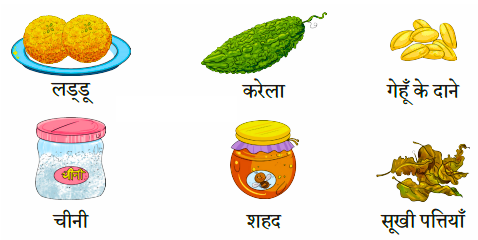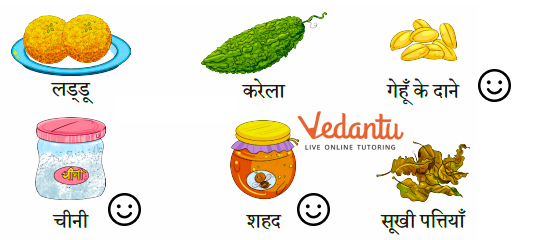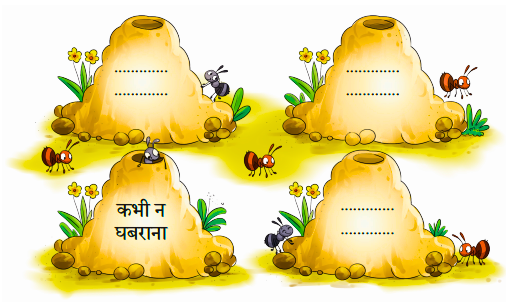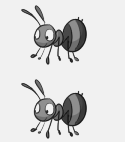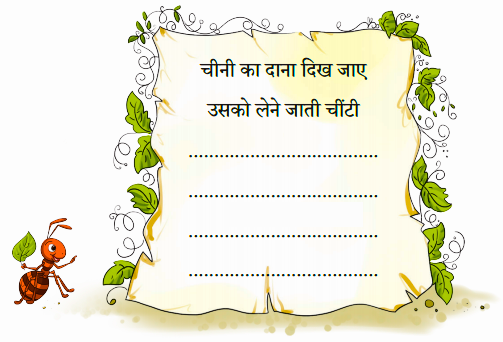Hindi Veena Class 3 Chapter 2 Questions and Answers - Free PDF Download
FAQs on NCERT Solutions For Class 3 Hindi Chapter 2 Cheenti (2025-26)
1. What are the key themes of Hindi Chapter 2, "Cheenti"?
The key themes of Chapter 2 include teamwork, hard work, and the importance of community. It emphasises how ants collaborate to achieve their goals and support one another.
2. What types of vocabulary are introduced in this Hindi Class 3 chapter 2?
The chapter introduces vocabulary related to ants and their behaviours, such as “colony,” “worker,” and “forager.” Students learn these words through context and activities.
3. How can students benefit from using Hindi Class 3 Vedantu’s solutions?
Vedantu’s solutions provide a structured approach to learning, helping students break down the chapter into manageable sections. This organised format aids in better retention of information.
4. What role do illustrations play in Hindi Class 3 Chapter 2?
Illustrations in Chapter 2 enhance understanding by visually depicting the life of ants. They help students connect with the text and make the learning experience more engaging.
5. How does Hindi Class 3 Chapter 2 encourage curiosity about nature?
The chapter encourages curiosity by highlighting the fascinating behaviours of ants and their role in the ecosystem. Students are motivated to observe and learn more about the natural world around them.
6. What skills can students develop by studying this Hindi Class 3 chapter 2?
By studying this chapter, students can develop observation skills, critical thinking, and an appreciation for cooperation and community. These skills are valuable for both their studies and personal growth.
7. How can parents assist their children with these Hindi Class 3 solutions?
Parents can help by guiding their children in using the solutions effectively, encouraging them to ask questions, and discussing the chapter’s content together for better understanding.
8. What impact does learning about ants have on students?
Learning about ants can impact students by fostering a sense of responsibility towards nature and encouraging them to think about the environment and the roles different creatures play.
9. Are there any specific learning outcomes for this Hindi Class 3 chapter 2?
Specific learning outcomes include understanding the life cycle of ants, recognising their teamwork, and applying vocabulary related to the chapter in everyday conversations.
10. How can these solutions enhance group study sessions?
These solutions can enhance group study sessions by providing a common resource for discussion. Students can work together on exercises and share their insights, making learning collaborative and enjoyable.























